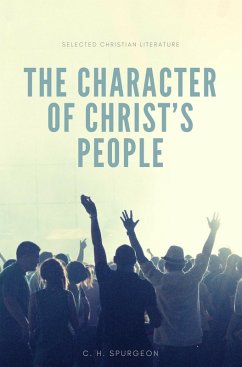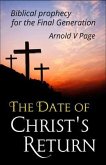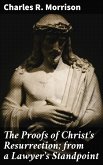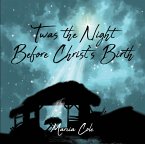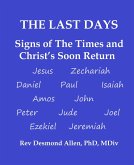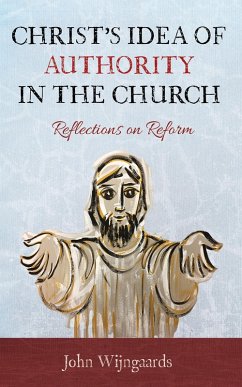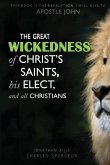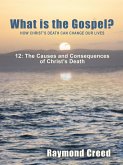"They are not of the world, even as I am not of the world." John 17:16. Christ's prayer was for a special people. He declared that He did not offer a universal intercession. "I pray for them," He said. "I pray not for the world, but for them which You have given Me, for they are Yours." In reading this beautiful prayer through, only one question arises to our minds. Who are the people that are described as, "them," or as, "they"? Who are these favored individuals who share a Savior's prayers, are recognized by a Savior's love, have their names written on the stones of His precious breastplate, and have their character and their circumstances mentioned by the lips of the high priest before the throne on high? The answer to that question is supplied by the words of our text. The people for whom Christ prays are an unearthly people. They are a people somewhat above the world, distinguished altogether from it. "They are not of the world, even as I am not of the world." I shall treat my text, first of all, doctrinally; secondly, experimentally; and thirdly, practically.
Dieser Download kann aus rechtlichen Gründen nur mit Rechnungsadresse in A, B, BG, CY, CZ, D, DK, EW, E, FIN, F, GR, H, IRL, I, LT, L, LR, M, NL, PL, P, R, S, SLO, SK ausgeliefert werden.

